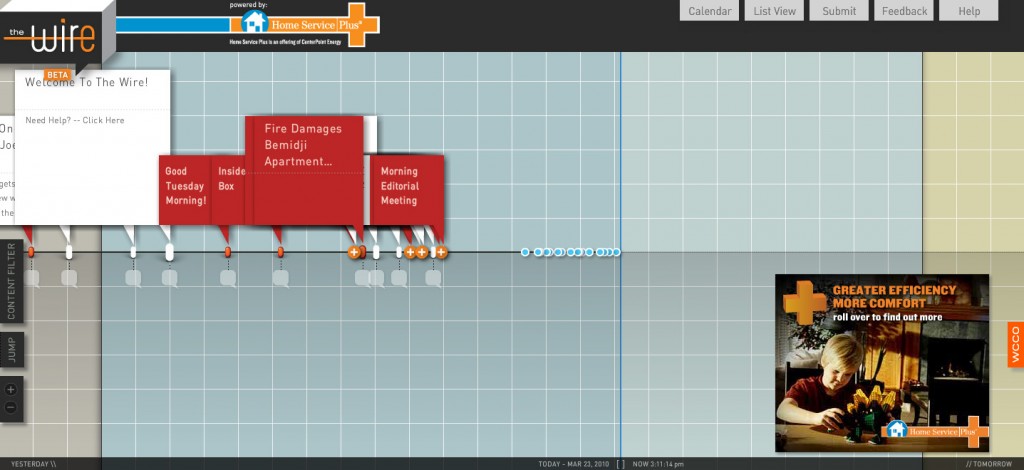
This series of 10 moneymaking tips for journalists began on Adam Westbrook’s blog, but continues exclusively on Journalism.co.uk.
Adam’s e-book, Next Generation Journalist: 10 New Ways to Make Money in Journalism is on sale now.
10. crowdfund your journalism
Crowdfunding has made it into my book even though, on the face of it, it is hardly entrepreneurial. It is however a method only possible thanks to the internet; and as you’ll read in the e-book, a method which actually requires some of the toughest entrepreneurial spirit.
The idea of crowdsourcing news stories, opinion and media isn’t that new. But the notion of crowdsourcing money is only beginning to come to fruition. The real pioneers on this have been in cinema: last year the producers of Age of Stupid funded the entire project with donations from the public.
The internet has made it easier too. In particular we’re seeing new platforms from which to launch your crowdfunding project. Spot.Us is one of the first, and currently helps to fund projects with networks in Seattle, San Francisco and Los Angeles. More recently another startup – Kickstarter – has emerged working along similar lines.
Crowdfunding your journalism…
- has so far proved successful in print, online and cinematic projects
- is not easy and requires strong marketing skills
- is only possible because of the internet
But be under no illusions: crowdfunding is not an easy ride.
“You have to tell people what’s in it for them” says multimedia journalist Annabel Symington, “people want to know what their money is going to do, and saying it’s going to fund a piece of quality journalism isn’t enough.”
Along with two partners Annabel has spent the last few months using Kickstarter to raise enough money to report on the Guarani Aquifier. As with almost all of the ideas suggested in Next Generation Journalist: 10 New Ways to Make Money in 2010, crowdfunding it’s about being more than a journalist:
“Through this project I’ve become a brand designer, a social media guru, a public speaker and an event organiser. You name it, I think I’ve done it,” says Annabel.
You can find out more about the Guarani Project here, and more about the ins and outs of crowdfunding in the ebook.
And that wraps up the 10 new ways to make money in journalism in 2010. If you’ve been inspired by any of them you can find out how to make them happen inside the ebook – on a discount price until 27 May.


![Reblog this post [with Zemanta]](https://img.zemanta.com/reblog_e.png?x-id=05efd4ab-9e17-45b2-92cc-ca98ba2a7f94)
